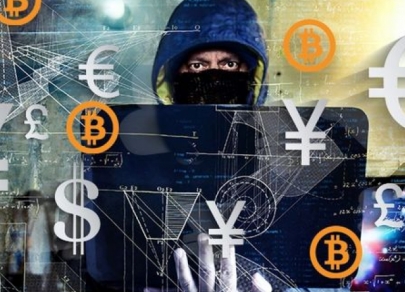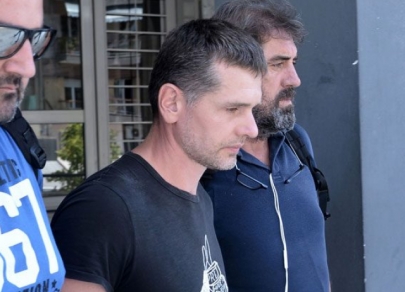FX.co ★ Dark side of bitcoin: how criminals use digital currency
Dark side of bitcoin: how criminals use digital currency
Crimes associated with digital currencies are quite a new phenomenon in the world of cybercrime. At the moment, there is no unified system for regulating cryptocurrencies, so each country independently determines the degree of legality of transactions with bitcoins or any other virtual currency. However, some types of illegal activities have already attracted international attention. Learn about the most famous cases.

Anthony Murgio
Anthony Murgio, an operator of illegal bitcoin exchange Coin.mx, was arrested in July 2015 in Florida. The exchange exchanged bitcoins for fiat money but it was not authorized by the United States Treasury Department, which contradicts the US law. Murgio was sentenced to five-and-a-half years in prison, while his co-conspirator Yuri Lebedev was found guilty and is awaiting sentencing.

Alexander Vinnik
Russian national Alexander Vinnik was arrested in 2017 in Greece. He was accused of using the BTC-e bitcoin trading platform to launder more than $4 billion. He was also charged with complicity in drug trafficking, money laundering for criminal groups around the world, and identity theft. Currently, Vinnik is held in prison in Greece.

Bitcoin extortion group DD4BC
One of key suspected members of bitcoin-grabbing extortion group known as DD4BC was arrested by Europol in early 2016. The notorious group of computer criminals emerged in 2014. It threatened victims such as gambling websites and payment services with a DDoS attack unless a ransom of 25 to 50 bitcoins was paid.

'Dark web' drug dealing using bitcoins in Holland
In January 2016, the Dutch police arrested 10 men suspected of using bitcoin to launder up to $22 million for drug dealers selling their product online. The criminals were caught as they were regularly depositing large amounts of money into their bank accounts and then quickly withdrawed the cash from ATMs.

Pascal Reid and Michel Espinoza
Pascal Reid and Michel Abner Espinoza were arrested in February 2014 on charges of money laundering using bitcoins. However in 2016, the court dismissed the case with the argument that bitcoin is not defined as currency, so the charges cannot apply. In this regard, US lawmakers proposed adding the words 'virtual currency' to the Money Laundering Act.






















